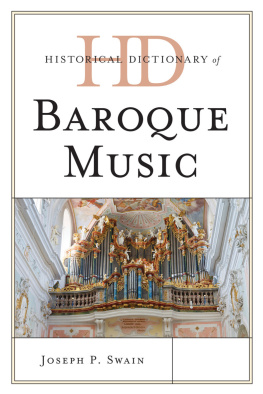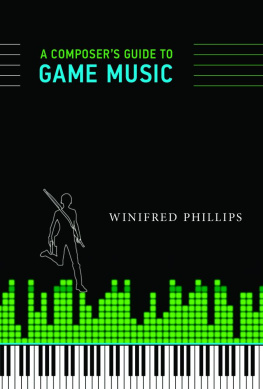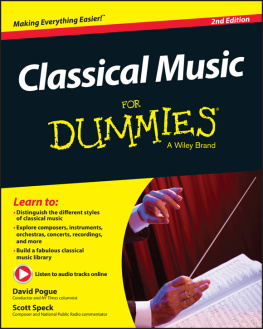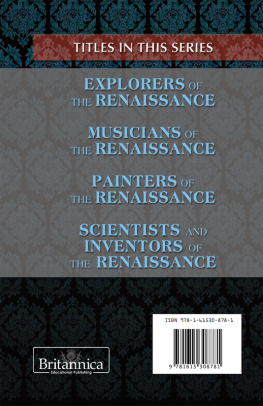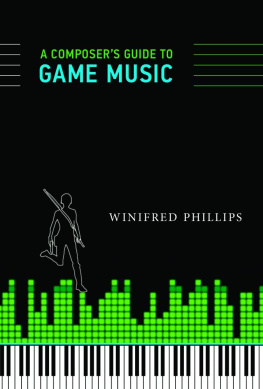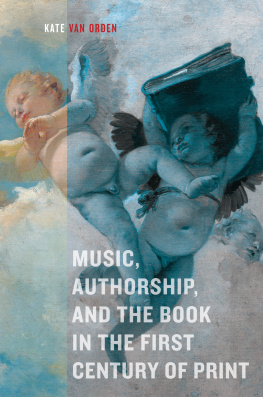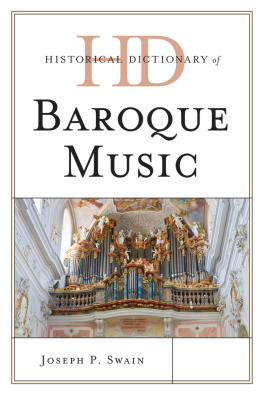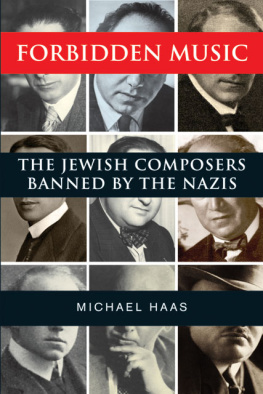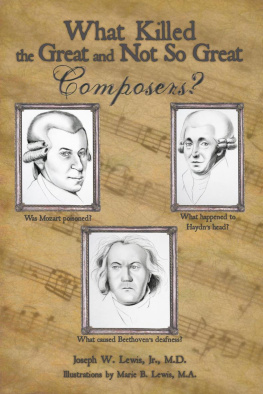The
TRIUMPH OF MUSIC
Tim Blanning
The Rise of Composers, Musicians and Their Art
Belknap Press of Harvard University Press / Cambridge, Massachusetts
Copyright 2008 by Tim Blanning
All rights reserved
Printed in the United States of America
First Harvard University Press paperback edition, 2010
Library of Congress Cataloging-in-Publication Data
Blanning, T. C. W.
The triumph of music : the rise of composers, musicians and their art / Tim Blanning.
p. cm.
Includes bibliographical references and index.
ISBN 978-0-674-03104-3 (cloth : alk. paper)
ISBN 978-0-674-05709-8 (pbk.)
1. MusicSocial aspectsHistory. 2. MusiciansSocial conditions.
I. Title.
ML3916 .B53 2008
306.4'84209dc22 2008026753
This book is dedicated to all those students and colleagues with whom I have worked in Cambridge and elsewhere, especially Derek Beales, Jonathan Steinberg, Chris Clark and Roderick Swanston
Contents
Among the many attractions of being a member of the Faculty of History at the University of Cambridge is the relative freedom to construct courses as one sees fit. During the past two decades I have taken advantage of this to introduce a musical element into the curriculum by creating courses on music in European society and culture and on Richard Wagner and German history. In the process I have learned a great deal, both from the students and from three colleagues with whom I have worked successivelyDerek Beales, Jonathan Steinberg and Chris Clark. I have also benefited immeasurably from the wit and wisdom of Roderick Swanston at the numerous music festivals for which he and I have lectured. It is to these four scholars that this book is dedicated. Each very generously read a first draft of this book and made numerous immensely helpful criticisms.
But I have also incurred a number of other debts, institutionally, to the various libraries in which I have worked over the years, most notably the Seeley Historical Library and the University Library in Cambridge, the music department of the Bibliothque National in Paris, the Staatsbibliothek in Munich, the Nationalbibliothek in Vienna and the Kunstbibliothek and the Staatsbibliothek in Berlin. I am also grateful to the numerous societies and other institutions that have given me the opportunity to expose my views on the triumph of music to public debate and criticism.
Although so many individuals have helped me in various ways that I cannot thank them all, I do wish to find room for the following: Robert Alexander, Tony Badger, Sally Beales, Mark Berry, Charles Blanning, Susan Boehmer, Ben Buchan, Vicki Cooper, John Deathridge, Linda Fritzinger, Mary Gallacher, Eric Hobsbawm, John Kulka, Gerald Levy, Cecilia Mackay, Arthur Marwick, Kirsty McCluskey, Barry Millington, Sean Milmo, John Mole, Michael OBrien, Christopher Page, Claire Preston, Martin Randall, Donald Sassoon, Claudia Schneider, Hagen Schulze, Paul Scott, Brendan Simms, David L. Smith, Ian Stevenson, Simon Winder, and Andrew Wylie. Last but not least, my wife, Nicky, has repeatedly sacrificed her own scant leisure time to allow me to get on with the research and the writing. I could not have finished without her invariable love, support and good humour.
Tim Blanning
Cambridge, May 2008
In modern times, three British monarchs have reigned long enough to celebrate a golden jubilee: George III in 1809, Queen Victoria in 1887 and Elizabeth II in 2002. All three marked the occasion with a church service. King George contented himself with a private affair in the chapel at Windsor. Queen Victoria attended a Service of Thanksgiving at Westminster Abbey, where she heard her late husbands setting of the Te Deum and another of his compositions, the anthem Gotha. The present queen went to St. Pauls Cathedral for a similar event, albeit without the prince consorts music, and was told by the archbishop of Canterbury that unlike so much in the modern world, this relationship, the one between Sovereign and people, has grown stronger and deeper with the passage of time. For these three monarchsheads of the Church of England and devout Christians allthe religious service may well have marked the highpoint of the jubilee celebration. For the subjects of George and Victoria, however, it was more likely the ox roasts, free beer and fireworks that went down best.
Plenty of food and drink were consumed in 2002 also, but for the majority of Queen Elizabeths subjects the climax was the great openair pop concert held in the grounds of Buckingham Palace on Monday, 3 June. Although the limited space meant that only the 12,500 people who had been successful in a ballot could attend, a million more watched it on giant screens in the Mall and the royal parks, while another 20 million in the United Kingdom and more than 200 million worldwide watched it on television. A hundred thousand copies of the CD were sold within a week, and untold millions more have watched the concert on DVD since. Together with the classical concert (Prom at the Palace) staged the previous Saturday, the Party at the Palace (as the event was officially known) gave the jubilee a public impact greater than any previous royal occasion.

The DVD revealed many good moments: an Atomic Kitten constantly threatening to pop out of her dress without ever quite succeeding; the once satanic Ozzy Osbourne, former lead singer of Black Sabbath, growling God Save the Queen as he left the stage after performing his anthem Paranoid; the comely Rachel Stevens looking somewhat nonplussed when seized by Cliff Richard during their performance of Move Itjust to mention three. Undoubtedly the highlight, however, was the concerts opening, with Brian May playing God Save the Queen on the roof of Buckingham Palace. Although the Queen herself perhaps did not make the fullest possible use of the opportunities presented by the eventshe arrived shortly before the end sporting ear plugs and was visibly unamused by the proceedingsmost commentators concluded that it had been a mighty public relations coup. Even self-confessed republicans were impressed.
Typical was the reaction of the columnist India Knight, who was in Ireland on the evening of the concert:
I idly switched on the television while I ran a bath. The first thing I thought, with a sort of kick of excitement around the stomach, was: Oh my goodness, how fabulous is this? The second thing was: Its Brian May and his horrible hair playing the guitar on the roof of Buckingham Palace, ergo it cant be fabulous, ergo I need to get a grip, sharpish. I was supposed to go to the pub, but watched the concert instead, mesmerisedthe same grandad-friendly concert I had been sniggering about for weeks: Rod Stewart, Ozzy Osbourne, Paul McCartney, the remaining members of Queen, the exact opposite of cool. And yet it was fantastic. More fantastic still was the sight of one million people waving their flags and roaring their approval: every time the camera panned to them. I felt choked.
Her story was published under the title: So Help Me, Im a Patriot. For once, the application of the overworked adjective iconic to Brians performance seems justified.
The event attracted a great deal of attention, of course, but none of the millions of words that flowedso far as I can tell, at leasttried to place it in its historical context, apart from the occasional brief reference to the two previous royal jubilees (or three, if Queen Victorias diamond jubilee of 1897 is included). This book will show how the concert was the culmination of three centuries of musical development. Of course other occasions could have been chosen, but the Prom and Party at the Palace serve very well as a starting point, because present on those two June evenings were at least four of the five essential ingredients that have fused to ensure the triumph of music (and which the five chapters that follow will take up in turn).



